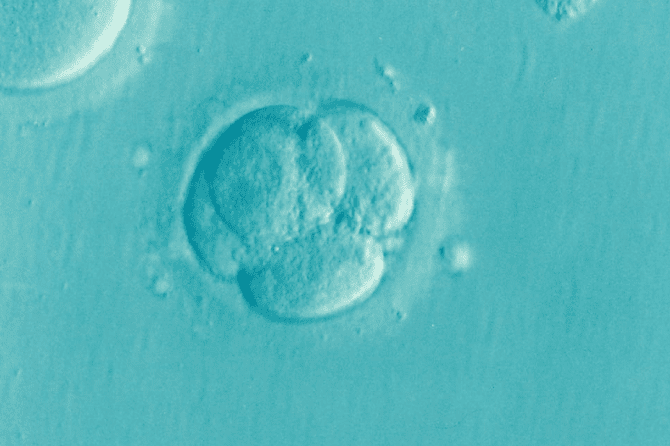Your cervical mucus changes throughout your menstrual cycle and charting these changes can help you predict when you’re ovulating. But did you know that your cervical mucus can also be an early sign of pregnancy? After you ovulate, pay close attention to your cervical mucus and look for changes that could indicate pregnancy.
Hormonal fluctuations throughout your menstrual cycle are responsible for changes in your cervical mucus. You may notice that your cervical fluid goes from being dry to sticky or creamy before becoming slippery or egg white – this is the most fertile type of cervical mucus and indicates that ovulation is imminent.
Most of the time, your cervical fluid will dry up after you ovulate, and you’ll barely notice any mucus until you start to bleed again. However, there are some women who will suddenly start producing a lot of creamy cervical mucus that is either white or yellow in color and has either no smell or only a mild one.
You may have noticed an increase in the amount of cervical mucus after ovulation. This is called Leukorrhea and is usually nothing to worry about. In some cases, it may be an early sign of pregnancy. If you’re concerned, speak to your doctor.
Leukorrhea is most often caused by an increase in hormones, particularly estrogen, during pregnancy, which leads to extreme secretions from your cervical glands. Although this may seem alarming, it is perfectly normal and serves the purpose of keeping your vaginal area clean.
If you are somebody who experiences a dry sensation after ovulation and all of a sudden you find yourself with an abundance of white, milky mucus, this could be a sign that you are pregnant.
Nausea is a symptom that can be associated with pregnancy, but it is important to remember that it is not always a sign of pregnancy. Just as with most other symptoms (for example, frequent urination, breast tenderness, spotting, or abdominal cramping), nausea could also be a sign of an approaching menstrual period.
Cervical mucus changes throughout a woman’s cycle. After ovulation, some women have an increase in cervical mucus. About half of these women later find out they are pregnant.
Even though it may appear that only half of the women who have increased amounts of cervical mucus after ovulation are pregnant, these statistics do not take into account women who have early miscarriages. Therefore, it’s probable that the percentage of women who experience Leukorrhea as an early pregnancy symptom is actually greater than fifty percent.
If you notice a good amount of creamy cervical mucus accompanied by any of these other early pregnancy symptoms, it’s a good idea to take a home pregnancy test… you might be pregnant!
These are some common early pregnancy symptoms:
Implantation Bleeding
Mild or dull cramps/achiness/pressure
Swollen Breasts
Fatigue or Tiredness
Nausea or Morning Sickness
Frequent Urination
Food Cravings
Bloating
Heartburn and/or Constipation
Lower Back Pain











